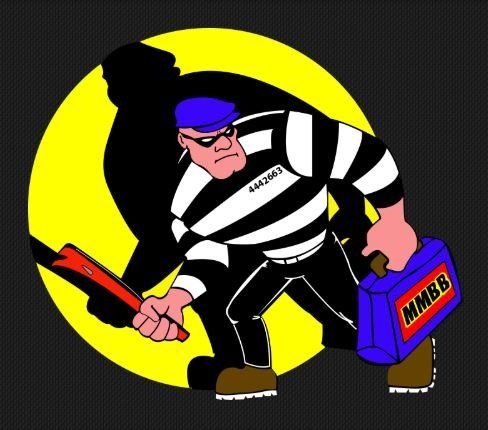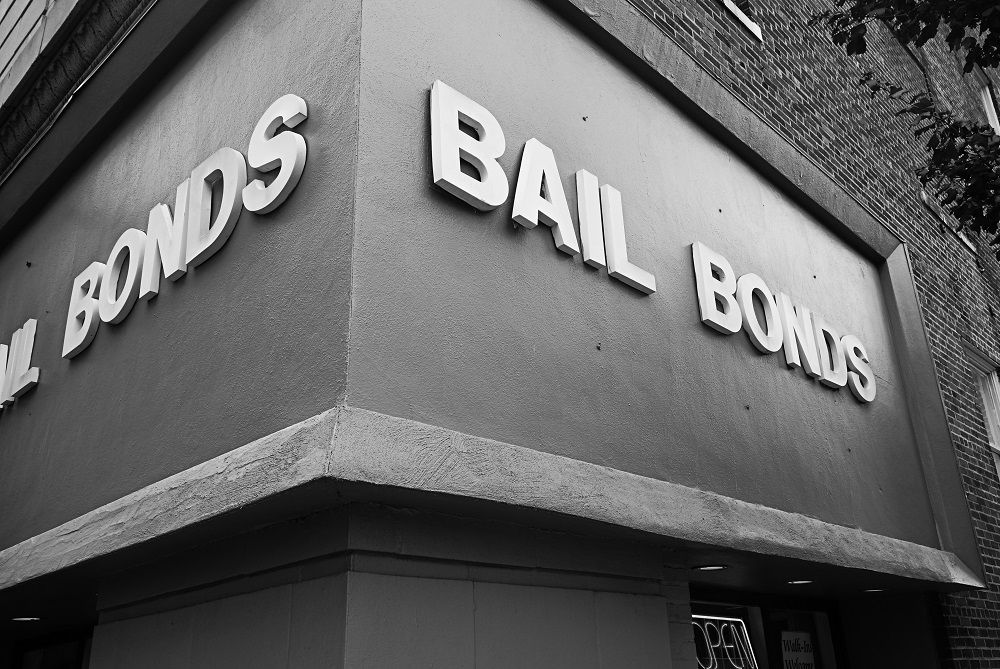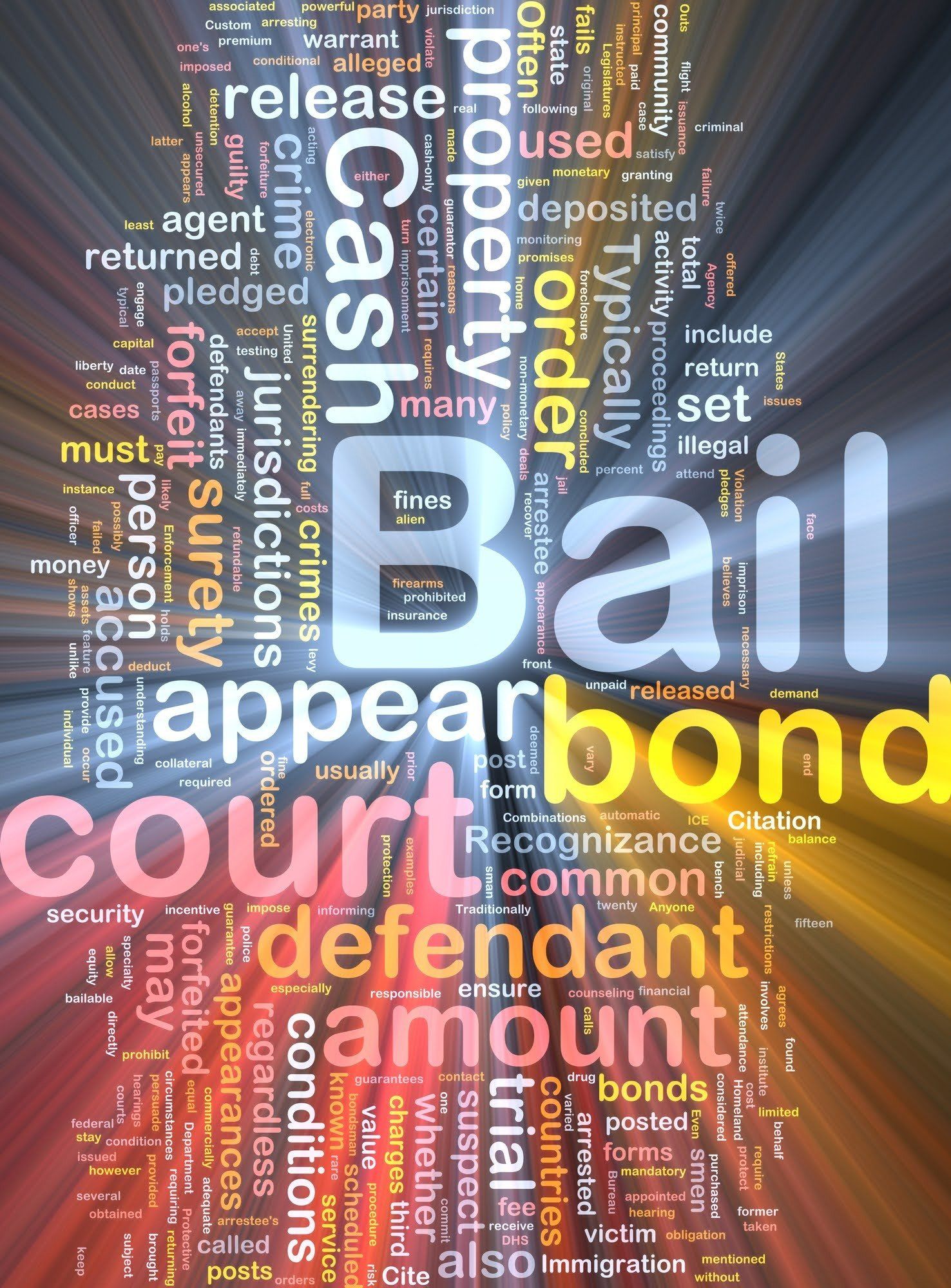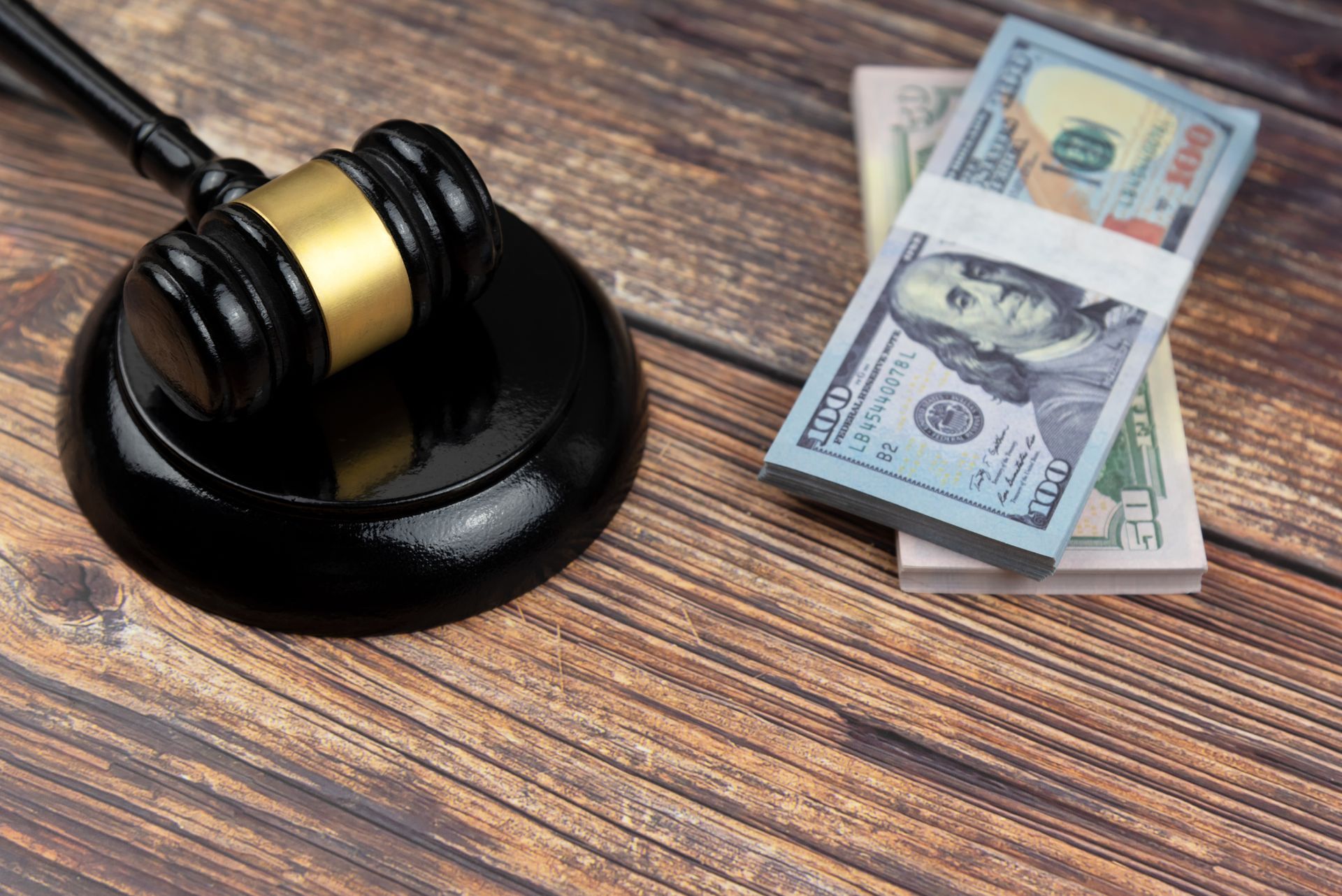Top Questions People Ask Before Getting a Bail Bond

When faced with the overwhelming experience of having a loved one incarcerated, many individuals are plunged into the unfamiliar world of bail bonds. Like any sector that one isn't accustomed to, the bail bond process can seem complex and intimidating. Proper knowledge and understanding of common queries can simplify the ordeal. Here are some of the top questions people often ask before getting a bail bond.
Understanding the Basics: What Is a Bail Bond?
A bail bond is a contract between an accused person and a bail bondsman. The bail bondsman pledges to pay the bail amount in full if the defendant does not appear in court as required. In return, the defendant or someone on their behalf pays the bondsman a fee, which is a percentage of the bail amount.
This fee is non-refundable, even if the defendant appears in court as required. Engaging with a bail bondsman offers an essential financial bridge for many, allowing them the freedom to prepare for their trial outside of a jail cell.
The Timeline: How Long Does the Bail Bond Process Take?
Understanding the bail bond timeline becomes crucial when time is of the essence. The duration of the bail bond process can vary. Still, in most cases, after the paperwork is completed and the payment has been arranged, the bail bond agency will immediately begin to post the bond to secure the defendant's release.
However, the time it takes for the defendant to be released from jail depends on the detention facility's procedures and how busy they are. Some jails may release defendants in hours, while others could take longer. Maintaining open communication with the bail bond agency and the detention facility is beneficial to stay informed about the expected timeline.
The Cost Factor: How Much Does a Bail Bond Cost?
One of the primary concerns people have is the cost of a bail bond. As mentioned above, a bail bond generally costs about 10% of the bail amount. However, this percentage can vary depending on the state and the specific bail bond agency.
Additionally, some agencies might offer payment plans or financing options for those who cannot afford to pay the entire fee upfront. Clarifying all financial aspects with the bail bond agent before signing any agreements is crucial.
Collateral Concerns: Will I Need to Provide Collateral?
Often, a bail bond agency will require collateral to ensure they won't lose money if the defendant skips out on court. Collateral can be in the form of property, jewelry, cars, or other valuable assets. It's worth noting that the type and value of collateral required can vary based on the bail amount and the agency's risk assessment.
Some bail bond agencies may also accept promissory notes or personal guarantees as part of the collateral. If the defendant attends all court appearances, the collateral is returned. However, if they fail to appear, the bail bond company can sell the collateral to cover the bail amount.
The Legalities: What Happens If the Defendant Doesn't Appear in Court?
If a defendant doesn't appear in court, it's termed "jumping bail," which has several legal consequences. The total bail amount becomes due, and the court may issue an arrest warrant. The bail bond agency can locate and return the defendant to face the charges.
Not only does this scenario place additional stress on the defendant's loved ones, but it also incurs additional expenses related to the retrieval process. In many states, bail agents have similar powers as law enforcement. Moreover, the collateral given to the bail bond agency might be forfeited.
Navigating the bail bond process requires awareness and understanding. By seeking clarity on these everyday queries, individuals can ensure they're making informed decisions while helping their loved ones navigate the legal system with fewer hiccups. If you have further questions, contact Matt McKeehan Bail Bonds to find the answers.














